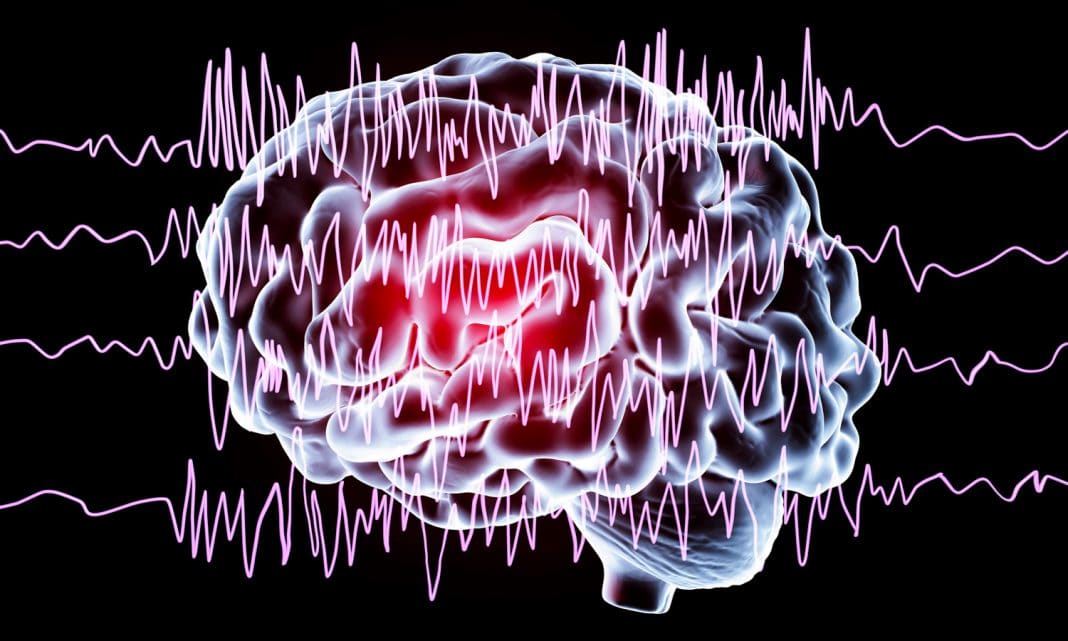On November 6, 2018, Missouri voters passed Article XIV of the Missouri Constitution, establishing a medical marijuana program in Missouri. Article XIV requires the Department of Health and Senior Services (DHSS) to protect the trade secrets of medical marijuana businesses as well as patients’ information by keeping that information confidential.
Article XIV Section 1.3.(5) of the Missouri Constitution states, “The Department shall maintain the confidentiality of reports or other information obtained from an applicant or license containing any individualized data, information, or records related to the licensee or its operation, including sales information, financial records, tax returns, credit reports, cultivation information, testing results, and security information and plans, or revealing any patient information, or any other records that are exempt from public inspection pursuant to state or federal law…”
The Administrative Hearing Commission, the administrative agency charged with hearing the medical marijuana licensing appeals, recently ruled that the confidentiality provision in Article XIV did not prevent litigants from compelling DHSS to disclose trade secrets or other proprietary information submitted by other businesses.
“As most people know, there were many more applicants than there were medical marijuana facility licenses,” said Lyndall Fraker, Director of the Section for Medical Marijuana Regulation. “Some of those applicants are now pursuing their competitors’ business and proprietary secrets through the appeal process. It’s our responsibility to implement the Constitution, and we want to be sure we’re doing exactly that."
DHSS initiated an action in Cole County Circuit Court seeking a judicial order regarding whether it should continue protecting the confidentiality of business and trade secrets.






